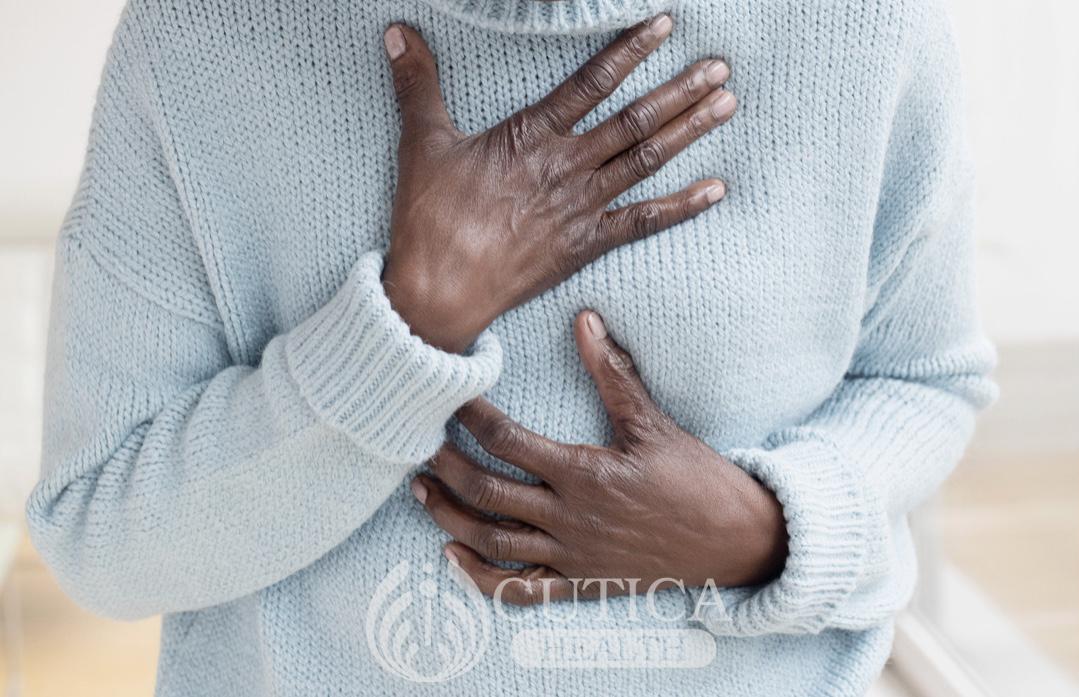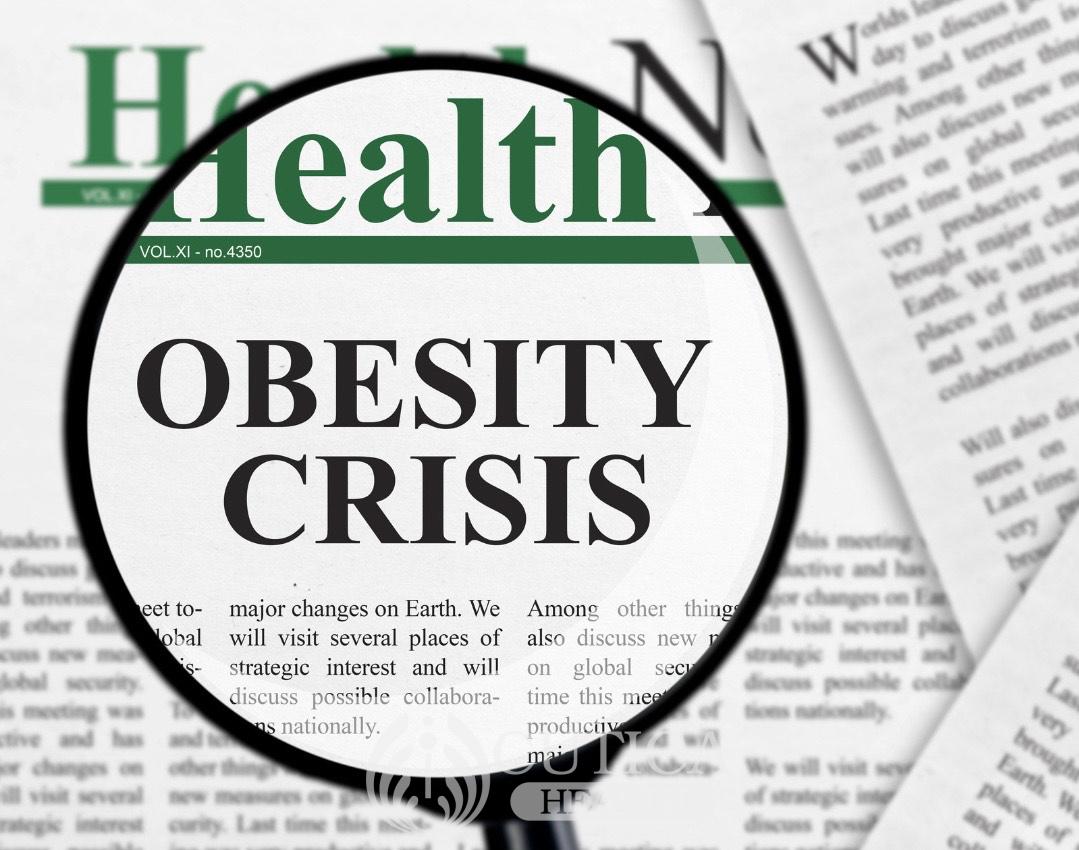
In the human body, the heart and esophagus (food pipe) are closely located within the chest. It is not surprising therefore that medical problems in one or both organs could lead to chest pain. Unless you're a doctor, you may not be able to differentiate one type of pain from the other or apply the appropriate treatment, but you should at least have some information to help you understand what you're likely to be suffering from.
First, what we describe as chest pain or discomfort could range from a dull ache to burning feeling, a crushing feeling or stabbing pain which could radiate (travel) to the neck or shoulder. Muscle strain or injury such as from heavy lifting is one of the most common causes of chest pain. So, before you worry about more complicated causes, try to think about whether you have lifted heavy objects recently. Pain from muscle strain is typically worse when pressure is applied to the affected area.

Could it be heartburn?
Heartburn is a feeling of burning in the chest that results when acid in the stomach flows upwards into the food pipe. This form of chest pain is also called acid reflux, and could happen for several reasons, including eating late at night or being overweight. In addition, if your chest pain is due to heartburn, you may experience a sour, acidic taste in your mouth. Heartburn may worsen after eating certain foods.
Peptic ulcer, a common condition that typically causes pain in the upper abdomen, can manifest as chest pain in some people .

Could my chest pain be a symptom or sign of a heart problem?
This is probably the greatest worry associated with chest pain because no one wants their heart affected! Chest pain caused by heart disease is called angina pectoris. This pain has been described in several ways such as feeling like a heavy weight on the chest, a crushing pain or squeezing of the chest.
The pain of angina is caused by reduced blood flow to the heart usually due to narrowed or blocked blood supply. Angina tends to worsen with activity and may be accompanied by trouble breathing. If you suffer from this kind of pain, urgent medical attention is needed as this could save your life!
Don’t forget the lungs
If you have a blood clot in the lung or suffer lung collapse, you can experience chest pain from the affected lung, and in addition you will have difficulty breathing. These conditions also require urgent medical attention.

Take-home message : Chest pain could be caused by a wide variety of diseases. Talk to your doctor about bothersome symptoms. If your chest pain is worse with activity such as walking or associated with difficulty breathing, get your heart and lungs checked immediately!












